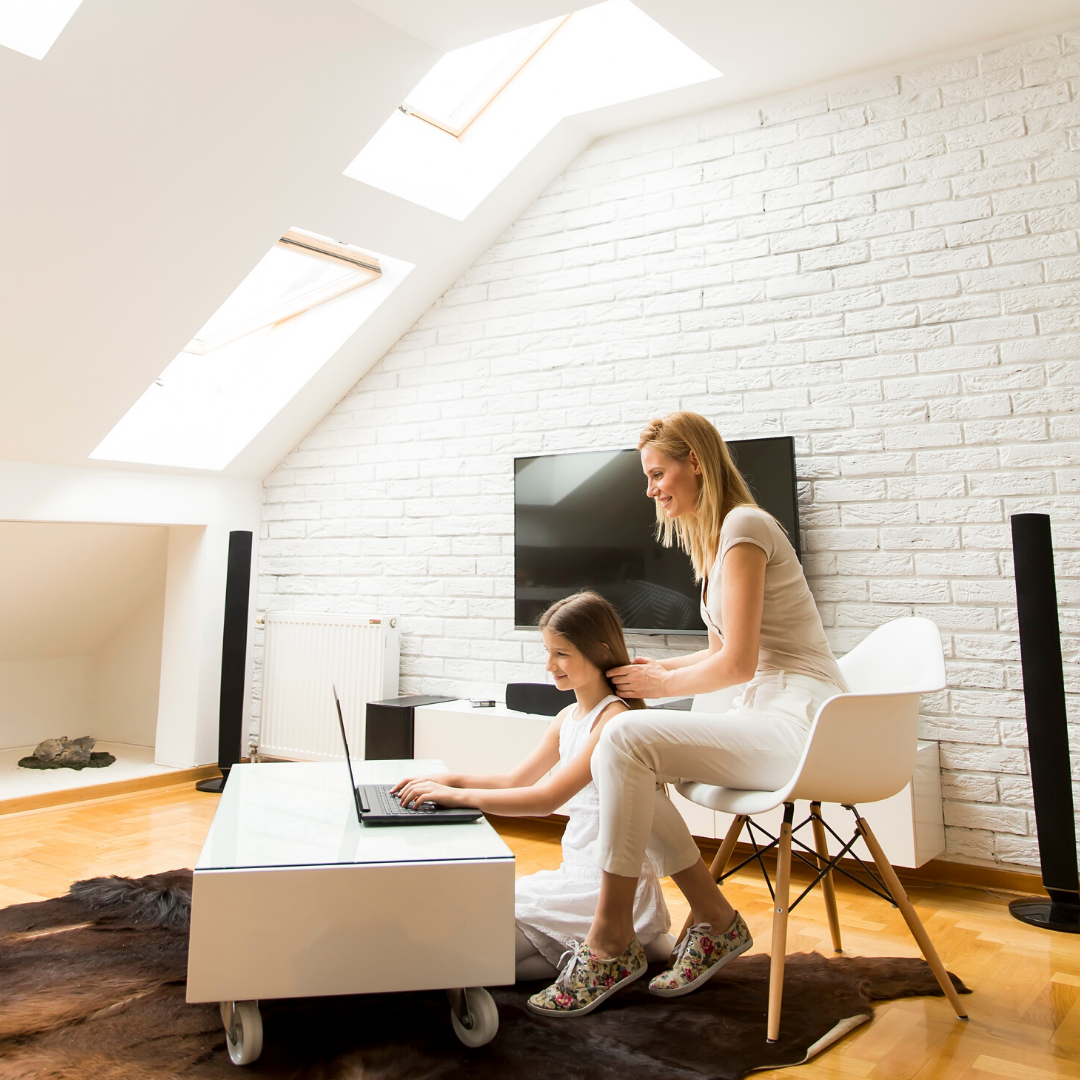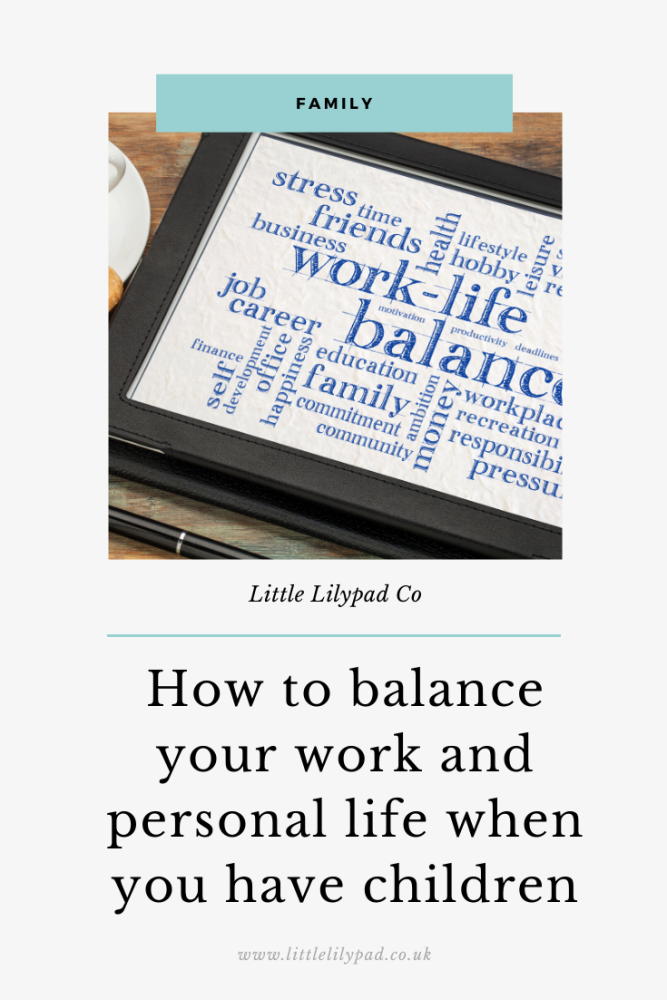Benefits of Homeschooling- How it could make kids smarter?
Posted on
It is funny how quickly times change. It seems like not that long ago, homeschooling was a less-explored concept. Now, in the wake of the COVID -19 virus, a large proportion of children and parents have had no other options than homeschooling.

Parents are taking full responsibility for their child’s homeschooling. It requires a lot of upskilling for parents to homeschool their children. Moreover, parents have to develop patience to bring up their children in a formal manner in a home environment. Previously homeschooling was prevalent in rural areas only however, many parents are switching over to homeschooling, due to rising discontentment over the school curriculum.
Benefits Of Homeschooling
Homeschooling has a number of benefits. Let us find out more about this facet of education.
-
The parents have complete control over the child’s learning mechanism. No one teaches the child the wrong thing, as intermingling is less rampant. It also helps the parents to constantly monitor the child’s progress unhindered. It may not be possible to do that in school.
-
The teaching timings are also flexible. A parent can choose the teaching timings based on the child’s interests and comfort level. The child may also be interested in extra-curricular activities. So, he or she can concentrate the efforts on both sectors. This way, the interest levels of the child also remain up to date.
-
It is also a great way to pass on the ideas and beliefs directly to the children. You, as a parent, can instill a lot of confidence in the child, sitting at home. That may not be possible, when the child is spending 4-5 hours in school and then coming home. He will not be in a mood to listen to the parent’s theories and beliefs at the end of a tiring day.
-
Homeschooling can also protect the child from a lot of negativity. In school, children learn lots of things that they are not supposed to learn. It can come from peers, other parents and seniors. However, as a parent you can protect your child from this kind of nuisance if you practice homeschooling.
-
At home, education can be a fun and learning environment. However, in school things are much more formalized. So, the child grows up in a formal environment and it may hamper the development of a certain category of children. Every child’s learning skills are not the same, so the education mode has to be fun-filled and exciting.
-
Parents can also identify the hidden talents of the child, through homeschooling. A teacher at school may be loving and mother-like. However, after paying attention to 20 odd children at school, it is not possible for the teacher to identify the talent of each and every child, individually. So, at certain times the talents remain unexplored. However, if you are homeschooling, things can get better. Parents can easily identify the talents of their children and nurture them, then and there.
-
If both parents are working, whether from home or from office, one can pay attention to the child’s well-being. They can take turns in nurturing the child from all angles.
Today, more and more parents are switching to homeschooling. It can actually make kids a lot smarter. It is possible that parents do homeschooling for a few years and then send their wards to school. It can be an extremely nourishing experience. So, by the time board examinations knock on the door, children are ready to take on the world.












